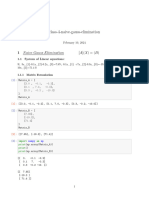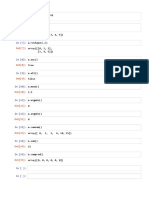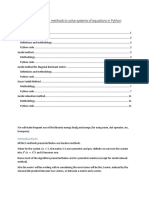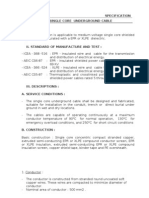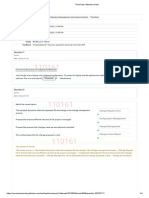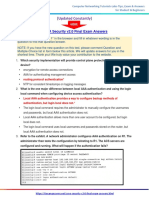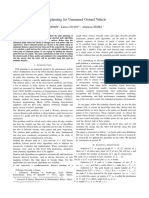0% found this document useful (0 votes)
5 views4 pagesLab 2
euifyiuiucheuled ed liadhae eui kadj w3 ewi
Uploaded by
mahendiayashuCopyright
© © All Rights Reserved
We take content rights seriously. If you suspect this is your content, claim it here.
Available Formats
Download as TXT, PDF, TXT or read online on Scribd
0% found this document useful (0 votes)
5 views4 pagesLab 2
euifyiuiucheuled ed liadhae eui kadj w3 ewi
Uploaded by
mahendiayashuCopyright
© © All Rights Reserved
We take content rights seriously. If you suspect this is your content, claim it here.
Available Formats
Download as TXT, PDF, TXT or read online on Scribd
/ 4











